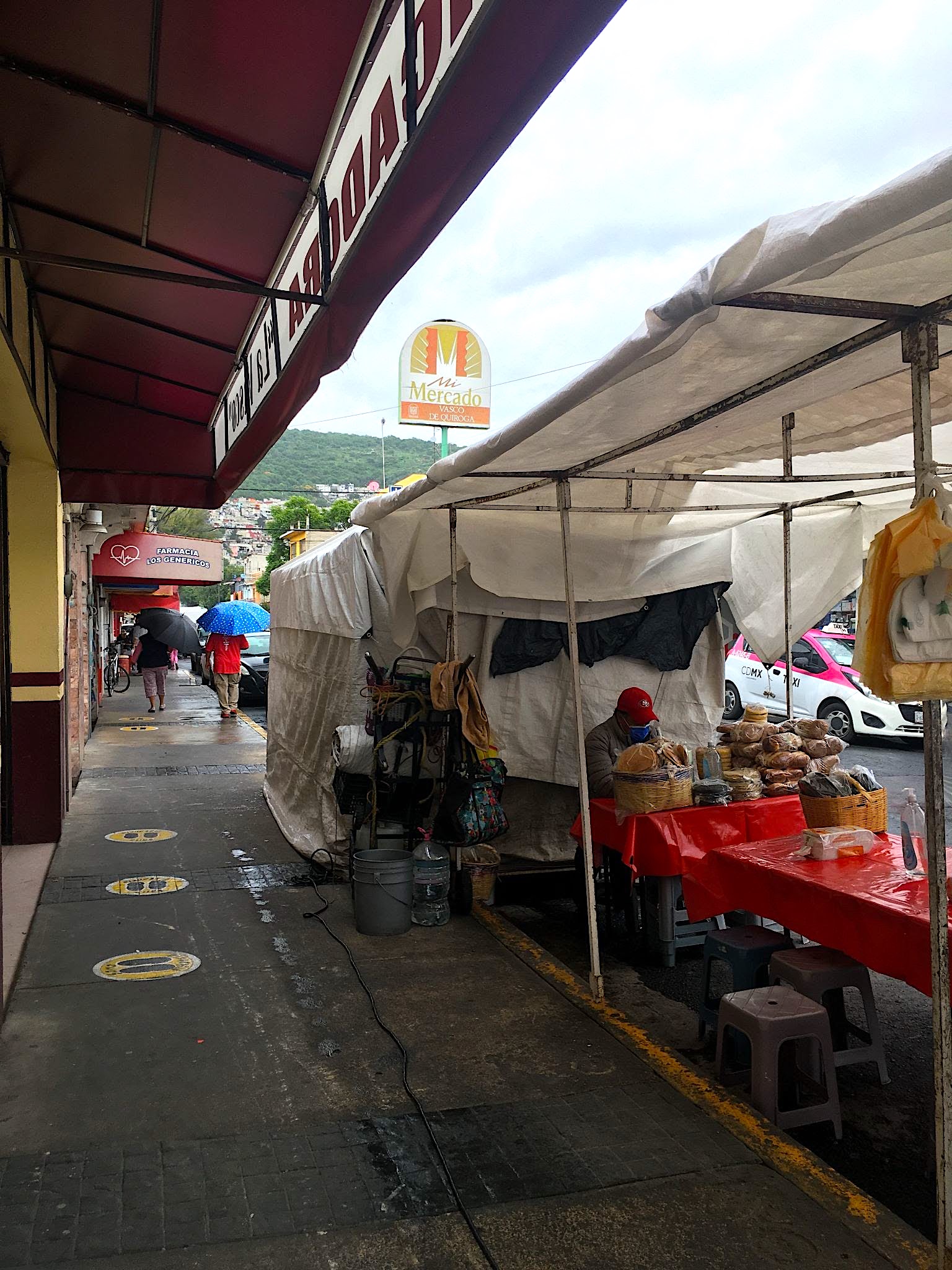Across cities, street vendors work under intense economic and social uncertainties. Mexico City is not an exception, with a long history of social and political conflicts revolving around the regulation and use of public space. The purpose of my research is twofold: 1) to understand how street vendors claim their use of public space in different locations of the city, and 2) to explore the links between street vending and health to identify which risk factors are the most detrimental for vendors’ wellbeing. The impermanence in public space is a constant in vendors’ lives, leaving them at risk of being harassed by local authorities and evicted from their physical locations. The main reasons for their displacement are the construction of urban renewal projects and the shift of governmental officials which, forcing them to continuously renegotiate their physical and political positions in the city. My doctoral research highlights the aspiration for social mobility and how many street vendors strive to provide their children with an upward educational mobility in order to achieve a higher occupational status. While the informal governance structures might allow for a greater educational mobility, the lack of social networks around white-collar jobs and a highly competitive labor market hinders their occupational and social mobility, generating uncertainties, chronic stress, and frustration in their lives.

